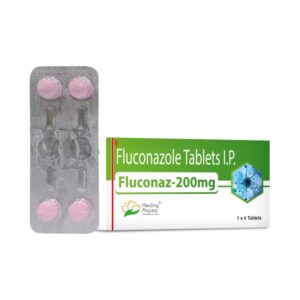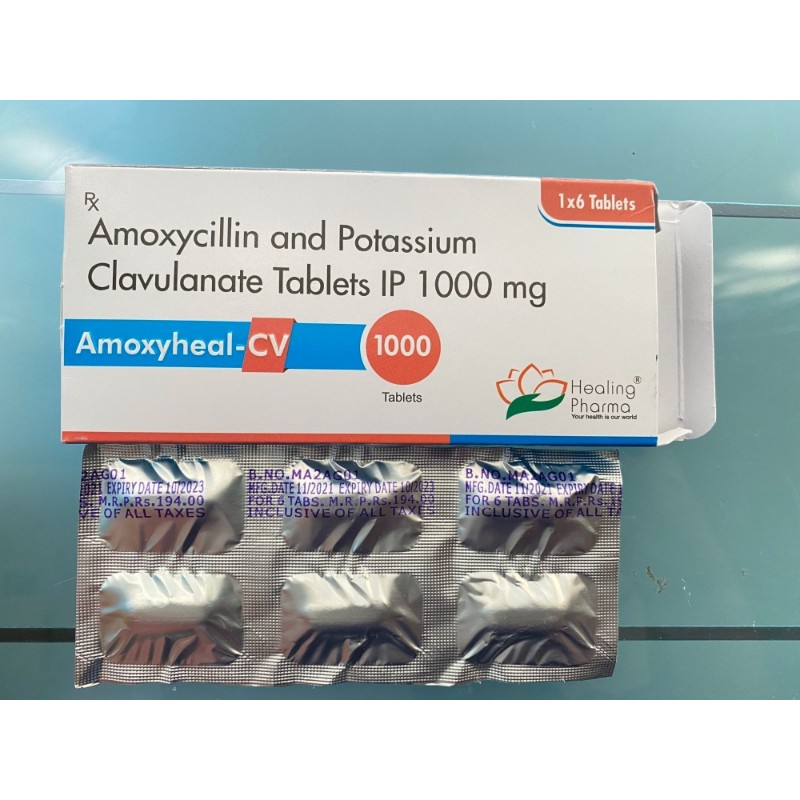Description
Fluconazole: Uses, Dosage, Side Effects & More
Fluconazole is a powerful antifungal medication widely prescribed to treat a variety of fungal infections. Whether you’re dealing with yeast infections, oral thrush, or systemic fungal infections, Fluconazole is often a go-to treatment for both doctors and pharmacists.
What is Fluconazole?
Fluconazole belongs to a class of drugs known as triazole antifungals. It works by stopping the growth of certain types of fungus by interfering with the cell membrane formation. The most common brand name for Fluconazole is Diflucan.
Common Uses of Fluconazole
Fluconazole is prescribed to treat and prevent a range of fungal infections, including:
-
Vaginal yeast infections (candidiasis)
-
Oral thrush and esophageal candidiasis
-
Cryptococcal meningitis (common in HIV/AIDS patients)
-
Urinary tract infections caused by fungi
-
Fungal infections in immunocompromised individuals, such as chemotherapy patients
Fluconazole Dosage Guide
The dosage of Fluconazole can vary depending on the type and severity of infection:
-
Vaginal yeast infection: Typically, a single 150 mg oral dose
-
Oral thrush: 200 mg on the first day, then 100 mg daily
-
Systemic infections: Higher or prolonged doses under medical supervision
Always follow your healthcare provider’s instructions and never self-medicate with antifungals.
How to Take Fluconazole
-
Take with or without food
-
For best results, take at the same time each day
-
Complete the full course even if symptoms disappear
Possible Side Effects of Fluconazole
Like all medications, Fluconazole can cause side effects. Common ones include:
-
Nausea or stomach upset
-
Headache
-
Dizziness
-
Rash
Serious but rare side effects may include liver toxicity or severe allergic reactions. Seek immediate medical help if you experience symptoms like jaundice, severe skin rashes, or difficulty breathing.
Fluconazole Warnings & Precautions
-
Not recommended during pregnancy, unless absolutely necessary
-
May interact with blood thinners, diabetes medication, and some antidepressants
-
Patients with liver or kidney disease should consult their doctor before use





Reviews
There are no reviews yet.